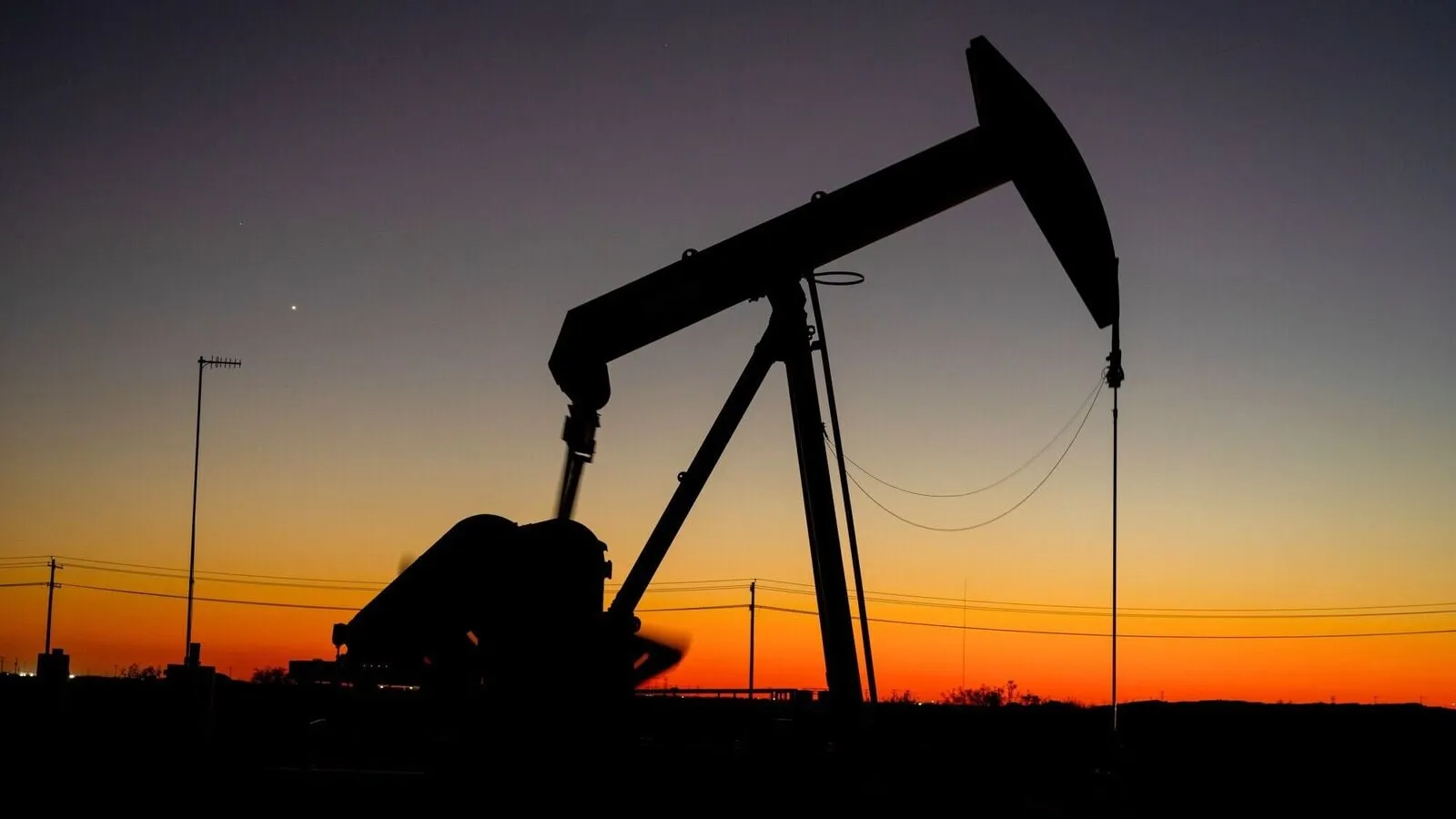Crude oil outlook: Brent nears $65 on Iran export cuts, dips 8% in a month; Key technical range for MCX

Brent and West Texas Intermediate crude climbed more than $1 on Friday after U.S. Energy Secretary Chris Wright said the United States could end Iran’s oil exports as part of an effort to bring the Islamic Republic to terms over its nuclear program.
Brent crude futures settled at $64.76 a barrel, up $1.43, or 2.26%. U.S. West Texas Intermediate crude finished at $61.50 a barrel, up $1.43 or 2.38%. Wright’s comments provided upward momentum for oil prices, following volatile price swings this week as U.S. President Donald Trump’s new tariff regime forced traders to reassess the geopolitical risks facing the crude market.
China announced on Friday it will impose a 125% tariff on U.S. goods starting on Saturday, up from the previously announced 84%, after Trump raised tariffs against China to 145% on Thursday.
Trump this week paused heavy tariffs against dozens of other trading partners, but a prolonged dispute between the world’s two biggest economies is likely to reduce global trade volumes and disrupt trading routes, weighing on global economic growth and reducing demand for oil.
According to Kaynat Chainwala, AVP-Commodity Research, Kotak Securities, “WTI crude oil erased all gains from the previous session, which had been driven by President Trump’s announcement of a 90-day pause on newly imposed reciprocal tariffs for several countries. However, the exclusion of China from this pause, along with sharply increased duties on Chinese goods, weighed heavily on market sentiment, dampening demand prospects and dragging WTI back below $60 per barrel.”
Adding to the bearish outlook, the Energy Information Administration (EIA) slashed its global oil demand growth forecast for 2025 to 900,000 barrels per day, down by 400,000 barrels from its previous estimate. WTI crude remains under pressure and trades near $60 per barrel as US tariffs on Chinese imports were further raised to 145%, heightened fears of deeper retaliation and a potential global economic slowdown,” added Chainwala








